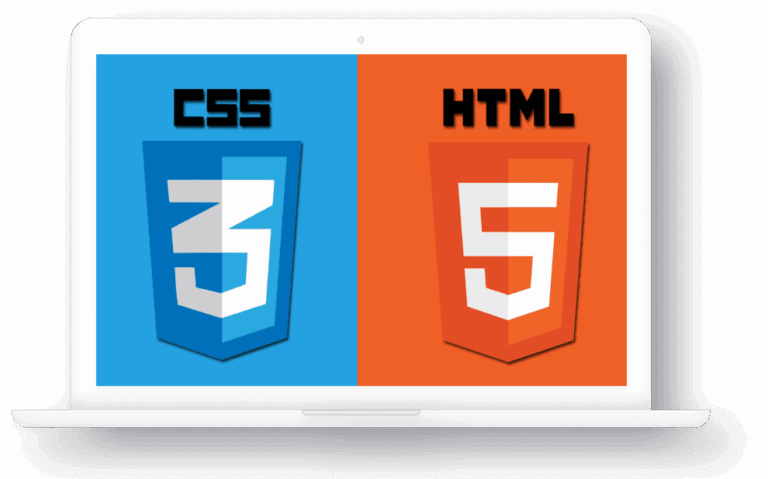
Zig is a modern systems programming language. It is designed to be an alternative to C. Zig focuses on performance, simplicity, and safety, making it ideal for applications that need control over resources. It works well for embedded systems, operating systems, compilers, game development, and high-performance applications.
Zig Key Features
Firstly, Zig offers several standout features that make it unique:
- No runtime and no garbage collector
As a result, Zig provides manual memory management, ensuring that developers can manage resources efficiently while also offering robust error-checking mechanisms. - Better memory control than C
In comparison to C, Zig allows for explicit memory allocation strategies, which helps avoid common issues such as use-after-free. This feature significantly reduces the risk of memory-related errors. - Safer error handling
Another important feature is that Zig eliminates implicitnull. Instead, it uses the?Ttype, making it much safer and reducing the risk of null pointer exceptions. - Easy cross-compilation
Thanks to Zig’s built-in cross-compilation support, developers can compile code for multiple platforms with a single command. This is a massive advantage when working on projects that need to run across various operating systems. - Seamless C and C++ interoperability
Additionally, Zig can directly call C functions or even usezig ccas a drop-in replacement forclang. This feature makes Zig highly compatible with existing C/C++ projects. - Built-in package management
Moreover, Zig has its own package management and build system, eliminating the need for external tools like npm, cargo, or pip. - Powerful built-in testing
Zig also includes a native unit testing framework, which simplifies testing code directly within the language without relying on external testing libraries.
Zig Popular Frameworks and Libraries
Although Zig is still relatively new, there are already some useful frameworks and libraries available:
- std.zig – The standard library, which provides core utilities for system-level programming.
- Zig-gamedev – A set of game development tools specifically built for Zig.
- zmath – A high-performance math library for 3D graphics, which is perfect for game and graphics development.
- Ziglyph – A utility library for working with Unicode and text processing.
- Mach Engine – A lightweight game engine designed specifically for Zig.
Zig Applications
Zig is used in many areas:
- Operating systems
Zig is great for low-level OS development due to its memory control. - Embedded systems
Zig is ideal for embedded programming since it has no runtime and uses fewer resources. - Game development
Zig is being considered as an alternative to C/C++ in game development. It offers high performance with low overhead. - Compiler development
Zig is self-hosting, meaning it can compile itself. This is useful for building compilers. - High-performance services
Zig’s performance makes it a good fit for back-end systems that need to manage resources efficiently.
Zig Community and Learning Resources
Despite being relatively new, Zig has an enthusiastic and growing community. Some helpful resources for learning Zig include:
- Official website: https://ziglang.org/
- GitHub repository: https://github.com/ziglang/zig
- Community forums & chat: https://github.com/ziglang/zig/wiki/Community
- Official documentation: https://ziglang.org/documentation/
Additionally, there are some great learning platforms:
- Ziglings – A collection of interactive exercises to help you get started with Zig: https://github.com/ratfactor/ziglings
- Learn Zig – A comprehensive guide to Zig that takes you through basic and advanced topics: https://learnzig.dev/
Why Learn Zig?
There are several compelling reasons to learn Zig:
- High performance with better safety than C
Zig provides fine control over system resources while being much safer than C, thanks to its lack of null pointers and stronger error handling. - No runtime and no garbage collection, which makes it an excellent choice for systems programming, embedded systems, and game development.
- Easy cross-compilation, simplifying the process of building code for multiple platforms without the need for external tools.
- Safer error handling than C, which prevents many common bugs related to memory management.
- Seamless C interoperability, making it easy to integrate Zig with existing C/C++ codebases.
🚀 If you want to do low-level programming but find Rust too complex, Zig could be a great alternative!



